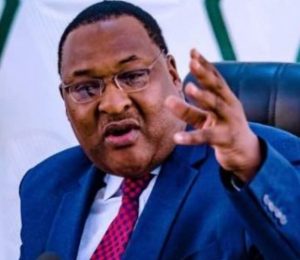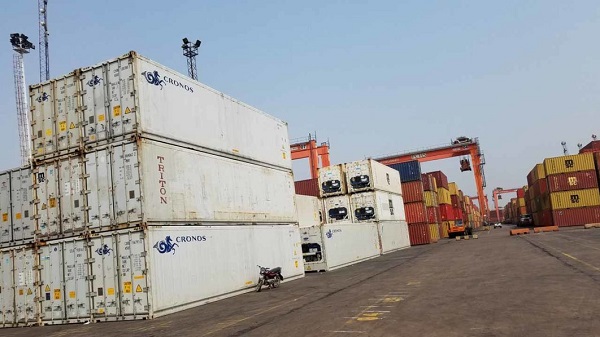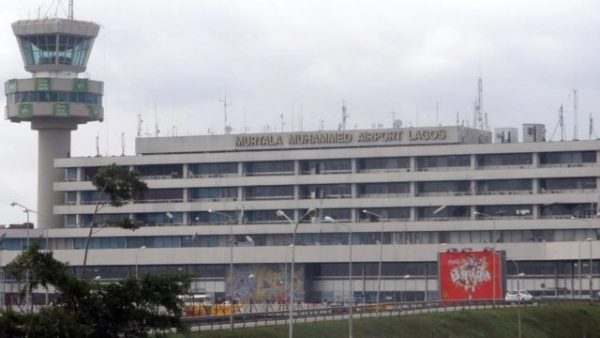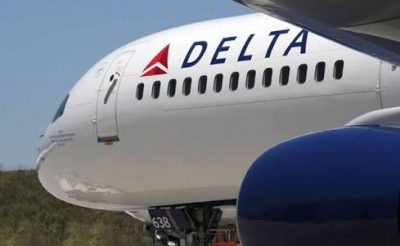Modern Deep Seaports Can Make Nigeria Maritime Hub In West Africa

By Kenneth Jukpor
Emerging deep seaports in Nigeria have been tipped to make the country attain hub port status in the West African sub-region, if they are built to meet global best standards and equipped with multimodal transport connection.
The Executive Secretary of Nigerian Shippers’ Council (NSC), Mr. Hassan Bello gave this position during an interview with CNBC Africa recently, even as he pointed out that the nation’s emerging deep seaports should be configured to support exports.
Bello stressed that lack of automation, absence of multimodal transport connect to ports and non-operation of 24hours port services were some of the factors responsible for the inefficiencies in the nation’s port sector.
Noting that the COVID-19 pandemic unveiled the height of these challenges, he stressed that NSC has started collaborating with other government agencies and port stakeholders to address the port challenges.
His words: “I’m glad that there are two deep seaports expected to take off by 2021. The Ibom deep seaport and the Lekki deep seaport can be game-changers for the nation in terms of maritime activities. All we have to do is breathe life into these port projects. These ports should be modern ports and not just conventional ports.”
“They have to underline our strength and the nation’s quest for dominance of trade at least within the West African sub-region. It is important therefore to know the type of ports we are building. The characteristics of modern ports include multimodal access to the ports. There should be connection via pipelines, rail connection, roads and inland waterways.”
“Emerging deep seaports must also be competitive. They should be designed for export because all Nigerian ports are designed for import. For too long, Nigeria has been an import dependent economy; this is the time to change from that. We must provide for export. Nigeria either exports or it perishes.”
Bello also posited that it is high time the government devotes the necessary attention and resources to the maritime sector as an alternative to oil.
“Maritime is already a classical example in terms of generating revenue and integration with the world economy. It is the right time for the government to squarely face the maritime sector as an alternative to oil. It is also important that we look at the infrastructure especially the ports,” he added.







